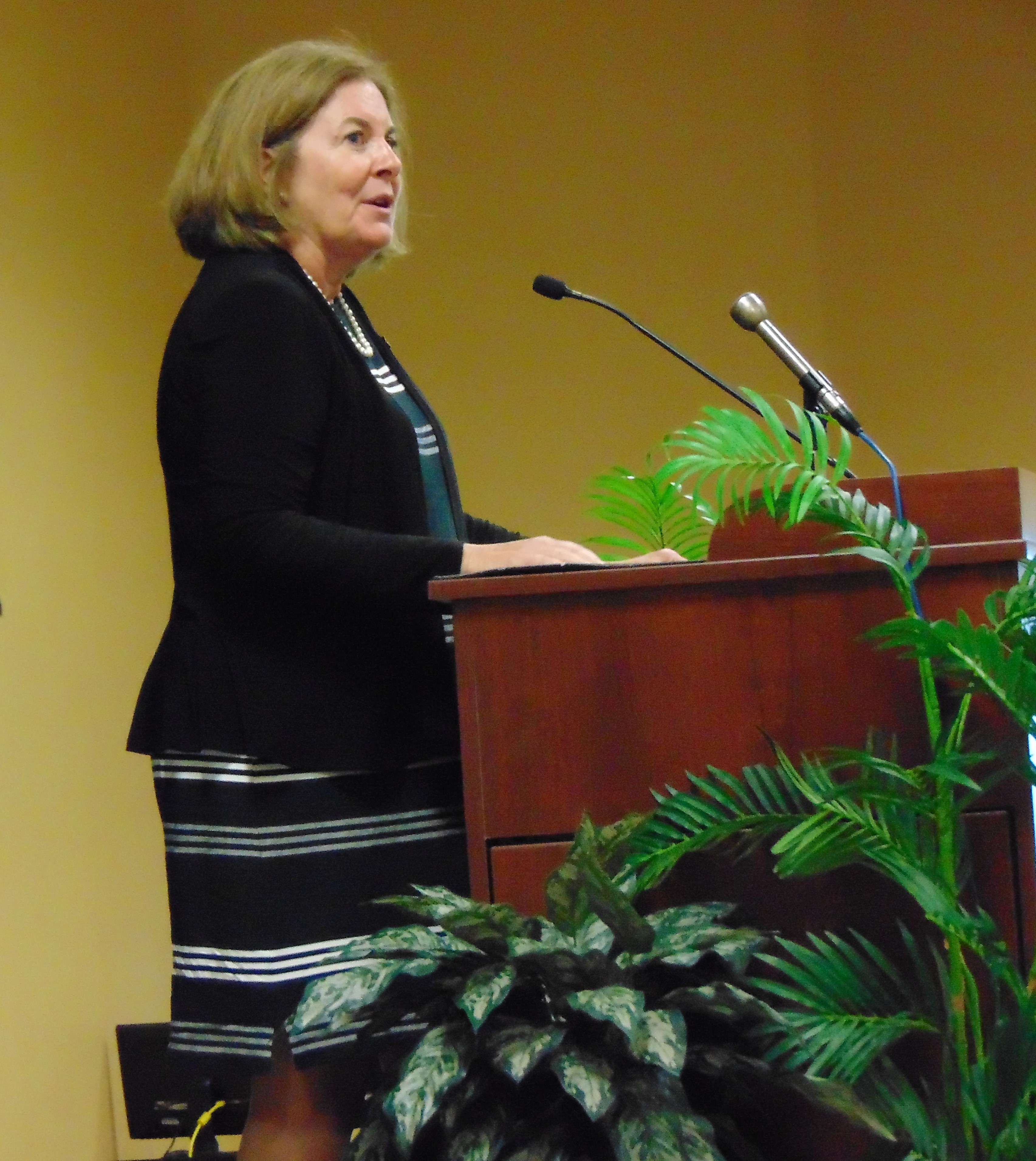
By BRENT MARTIN
St. Joseph Post
Former Kansas City Federal Reserve President Esther George isn’t sure what her future holds after being required to retire at the age of 65.
George, a native of Faucett, began as a bank examiner with the Federal Reserve in 1982. It was then that George saw first-hand what inflation and higher interest rates did to the regional banking industry when several banks failed.
“And so I got to see first-hand how those costs translate to communities, to people that depend on their jobs, depend on their bank for their livelihoods,” George says in an interview with KFEQ/St. Joseph Post.
This is the first of a two-part series from our interview with George.
George points out 1982 was the last time the country experienced the high inflation that plagues the economy now. She says the rash of bank failures and the negative impact the recession had on businesses in rural America as well as throughout the country reminded her that, to the Federal Reserve, stability in the economy is job one.
The ripple effects of the Federal Reserve’s insistence on high interest rates to curb inflation came home to George in a very personal way.
“And I stood on the front porch of my family farm in 1983 and watched an auction because of that,” George says. “And it affected my life. My dad, at a very senior age, older than 65, took a job in St. Joe to help make ends meet.”
Those lessons, both as a bank examiner and a member of a family farm near Faucett, informed her decisions as Kansas City Federal Reserve President and CEO. George served in that role from 2011 until January of this year, succeeding Thomas Hoenig.
George worked under Hoenig when she first came to the Fed. Hoenig was a senior officer in banking supervision then. George says Hoenig emphasized listening even as bank examiners made judgments on the financial soundness of a bank.
“But he also knew unless you listen carefully to what the banker was telling you, you listen carefully to what was going on in that community, you couldn’t really put all those pieces together and make those judgments,” George says. “And that benefited me enormously throughout my career.”
Tomorrow, we talk with George about the health of the economy.








